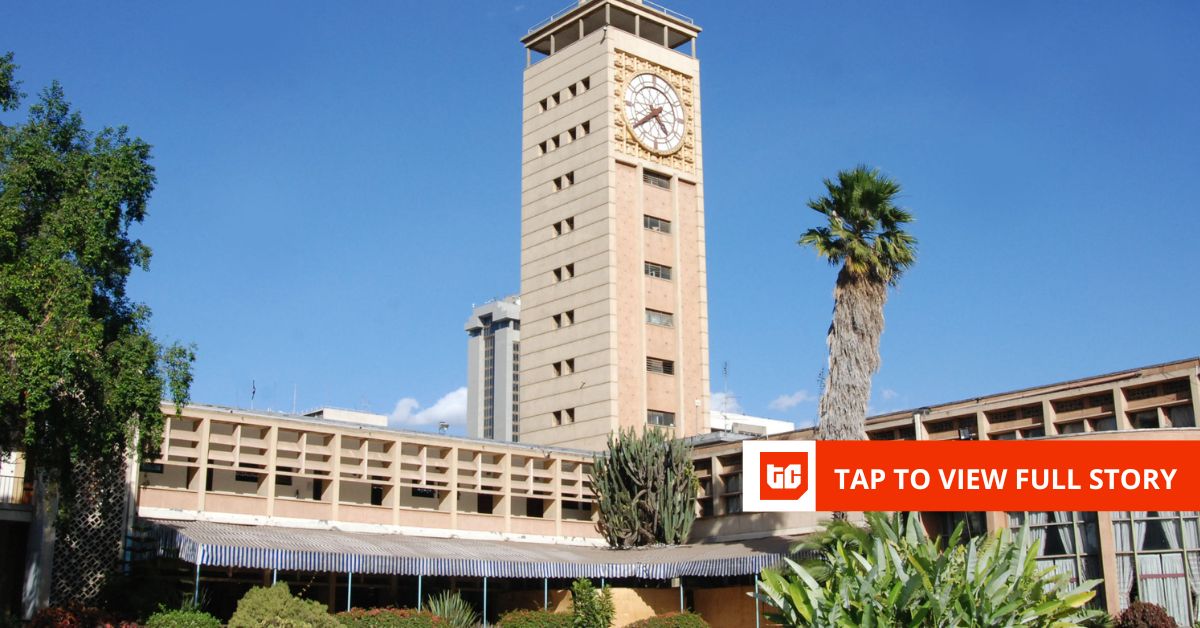Kenya may soon outlaw cashless-only transactions for everyday purchases, under a proposed law that would make it mandatory for businesses to also accept physical currency for payments below Ksh100,000 ($775).
The Central Bank of Kenya (Amendment) Bill, 2025, sponsored by Suba South Member of Parliament Caroli Omondi, would make it illegal for businesses operating in physical locations to reject cash for transactions under $775. Omondi said the bill is about protecting everyday Kenyans who are being left behind as more businesses go digital.
If passed, the law would mark a significant regulatory intervention in Kenya’s fast-digitising economy, where mobile money and card payments have become the default in neighbourhood shops, restaurants, and public transport. It would compel businesses, many of which have embraced cashless payments to boost accountability and reduce theft, to rethink their processes.
“A majority of Kenyans still rely on cash transactions while some older people do not know how to use mobile money services, making it discriminatory to deny them access to services or buying goods in cash,” Omondi said.
Under the proposed law, businesses that violate the rule could face fines of up to $775 along with potential civil liability if customers choose to pursue damages.
While the Central Bank of Kenya (CBK) has not publicly commented on the bill, the regulator has long pushed for digital payments and market-led adoption. The value of Kenya’s digital payments is projected to reach $14.5 billion by 2028.
The bill could clash with the government’s digital transition, coming when all state services from park entry fees to birth and death registrations and passport applications are processed exclusively through the e-Citizen platform. Most of these payments are under $20.
However, Omondi warned that overreliance on digital-only transactions leaves Kenya vulnerable, citing the July 2024 IT crash in the United States, which caused widespread disruption as electronic payment networks went offline.
“Suddenly and without warning the exchange of goods and services stopped with the IT outage. Buyers were unable to effect cashless payments. Everyone was in need of immediate cash to make payments,” Omondi said.
The bill, still in its early days, will go through a parliamentary committee review and public consultation before it returns to the floor for debate.









